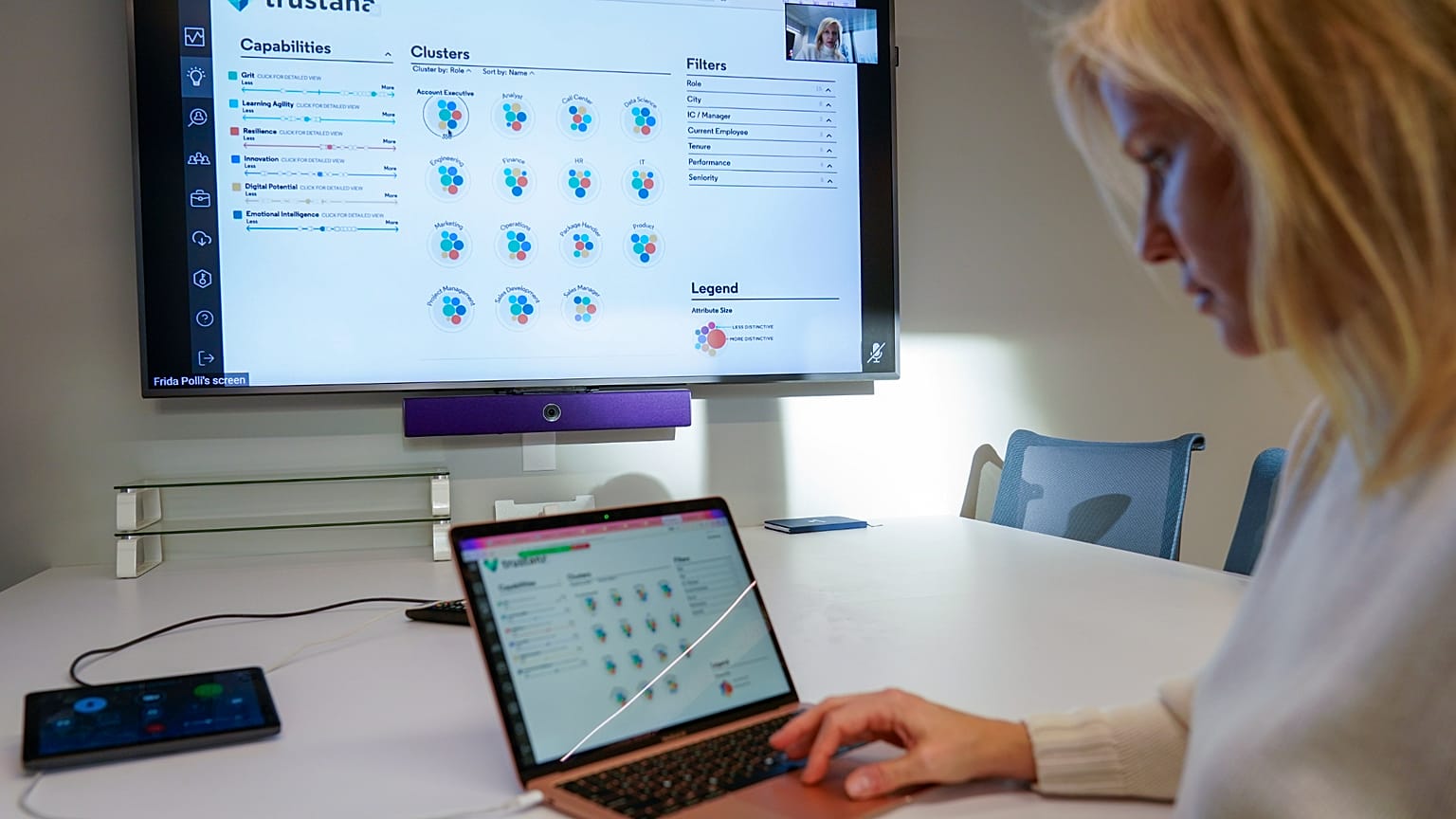Fewer than half of employers see AI and big data handling as a core skill today, but that's soon about to change — according to the Future of Jobs Report.
Skills are shifting as jobs evolve. While new requirements are emerging, others are gradually disappearing. The impact of AI on the workplace remains a hotly debated topic, but clear trends are beginning to take shape. As this technology automates more processes, demand for certain roles — especially at the entry level — is already declining. But as a worker, how can you protect yourself?
 ADVERTISEMENT
ADVERTISEMENT
 ADVERTISEMENT
ADVERTISEMENT
The World Economic Forum’s (WEF) ‘Future of Jobs Report 2025’ shows which skills employers say they need most in their workforces. The report draws on input from more than 1,000 major global employers, together representing over 14 million workers across 22 industries and 55 economies worldwide.
Analytical thinking, resilience, flexibility, and leadership
‘Analytical thinking’ is the most in-demand skill, according to the WEF, and about 69% of employers say it is a core requirement for their workforce. ‘Resilience, flexibility, and agility’ ranks second, with two-thirds of employers (67%) calling these skills essential.
As skills continue to evolve, ‘leadership and social influence’ remains important. About 61% of employers say it is a core skill they need in their workforce.
Alongside the top-ranked ‘analytical thinking’, ‘creative thinking’ is also seen as a key skill, cited by 57% of employers.
‘Motivation and self-awareness’, ‘technological literacy’, ‘empathy and active listening’, and ‘curiosity and lifelong learning' are also skills that at least half of employers consider to be essential for their workforce.
On the other hand, less than half of employers said that ‘AI and big data’ is a core skill for them.
‘Multi-lingualism’ and ‘global citizenship’ are also in lower demand among employers.
The least cited skill is ‘sensory-processing abilities’, named by only 6% as a core skill for their workforce.
Employers say ‘AI and big data’ will see the biggest rise
Employers were also asked whether each skill would increase, decline, or stay the same by 2030. The results are shown as a net increase, meaning the share expecting a rise minus the share expecting a drop.
Employer demand for technological abilities is set to grow faster than any other category over the next five years. Most respondents pointed to ‘AI and big data’, which is expected to rise by 87%. ‘Networks and cybersecurity’ (70%) and ‘technological literacy’ (68%) follow ‘AI and big data’.
Complementing these technological skills, ‘creative thinking’ and two socio-emotional attitudes – ‘resilience, flexibility, and agility’ and 'curiosity and lifelong learning' – are also expected to rise in importance.
‘Leadership and social influence’ and ‘talent management’ are also forecast to stay in-demand.
Employers expect only two skills to decline in importance: ‘manual dexterity, endurance and precision’ and ‘reading, writing and mathematics'.
“The COVID-19 pandemic, along with rapid advancements in frontier technologies, led to significant disruptions in working life and skills, prompting respondents to predict high levels of skills instability in subsequent editions of the report,” the report said.
The report also noted that the level of skills disruption is not the same across economies and industries. Lower-middle and upper-middle income economies expect greater changes in workers’ skills, while high-income economies anticipate less disruption.
For example, among the 55 economies in the report, 10 of the 12 expecting the least disruption to skills between 2025 and 2030 are in Europe. These include Denmark, the Netherlands, the UK, France, and Germany.
The WEF report also reveals the top growing and declining jobs.

















